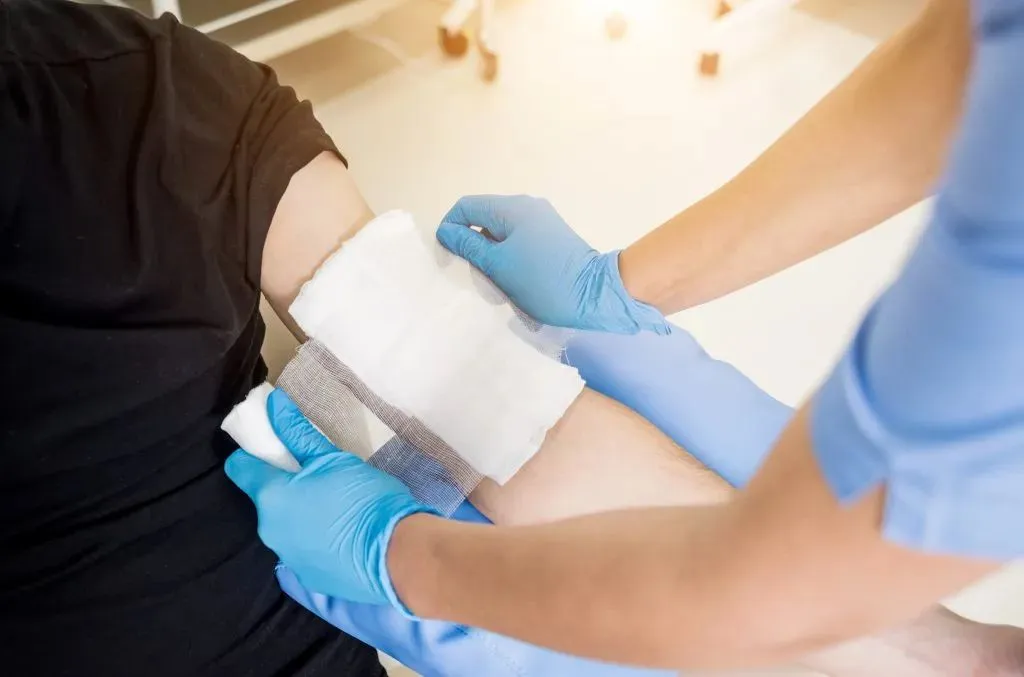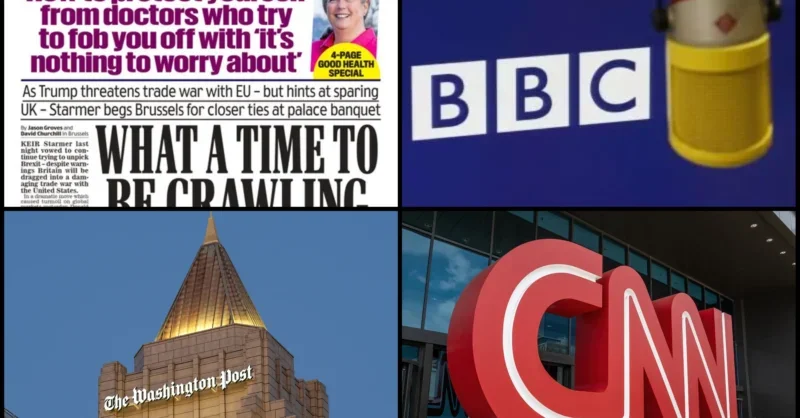A UK university and a charity are among those taking part in a major new European Union-funded project to develop injectable hydrogel treatment for hard-to-heal wounds.
The INJECTHEAL project, involving the University of Brighton and the Lindsay Leg Foundation, hopes to develop a treatment that could enable healing chronic cavity wounds “from the inside out”.
“It’s about restoring dignity to patients who have waited too long for effective solutions”
Matteo Santin
An international team is working on an innovative injectable treatment designed to accelerate healing in deep, hard-to-reach wounds that affect more than 300 million people worldwide.
These deep cavity chronic wounds, caused for example by pressure ulcers or diabetic foot ulcers, are a major source of pain and distress and account for 2-4% of healthcare costs in Europe.
Current treatments are largely limited in their ability to reach the depths of the wounds, control infection and inflammation, as well as facilitate tissue regeneration.
But this may soon change, due to a €7.3m (£6.2m) grant from the European Commission, according to researchers at the Brighton University’s Centre for Regenerative Medicine and Devices.
At the heart of the INJECTHEAL project is a 4D injectable self-healing hydrogel, designed to deliver medication but to also actively support tissue regeneration and reduce inflammation and infection.
When completed, the hydrogel which is developed from safe, sustainable materials, will be a “radical leap in chronic wound treatment”, according to those behind the project.
This will be especially true for deep tunnel wounds, which are notoriously difficult to manage using existing therapies, they noted.
The Brighton team will test the hydrogel’s antibacterial and anti-inflammatory properties as well as its ability to trigger blood vessel formation, providing effective formulations viable for production.
Professor Matteo Santin, who is leading the work at Brighton, said: “Chronic wounds don’t just damage skin – they erode confidence, independence, and quality of life.
“Harnessing the knowledge acquired in more than 30 years of researching what makes materials safe and compatible with the body, we’ve learned how to reach the hardest-to-heal wounds.
“INJECTHEAL is about more than science,” he said. “The hydrogel will be designed with, not just for, patients. It’s about restoring dignity to patients who have waited too long for effective solutions.”
The 3.5-year project, launched in June this year, involves 13 partners from eight countries including Italy, Austria, Germany, Ireland, Spain and Switzerland, as well as the UK.
It is being coordinated by the University of Eastern Piedmont in Italy and also involves Trinity College Dublin and the Lindsay Leg Club Foundation, which runs leg clubs for patients around the UK.
The charity will coordinate a series of workshops and co-creation activities, ensuring that people living with chronic wounds and their carers actively help shape the hydrogel platform.
Separately, the University of Brighton is also the recipient of a grant from UK Research and Innovation to develop novel wound dressings able to accelerate and monitor wound healing.


